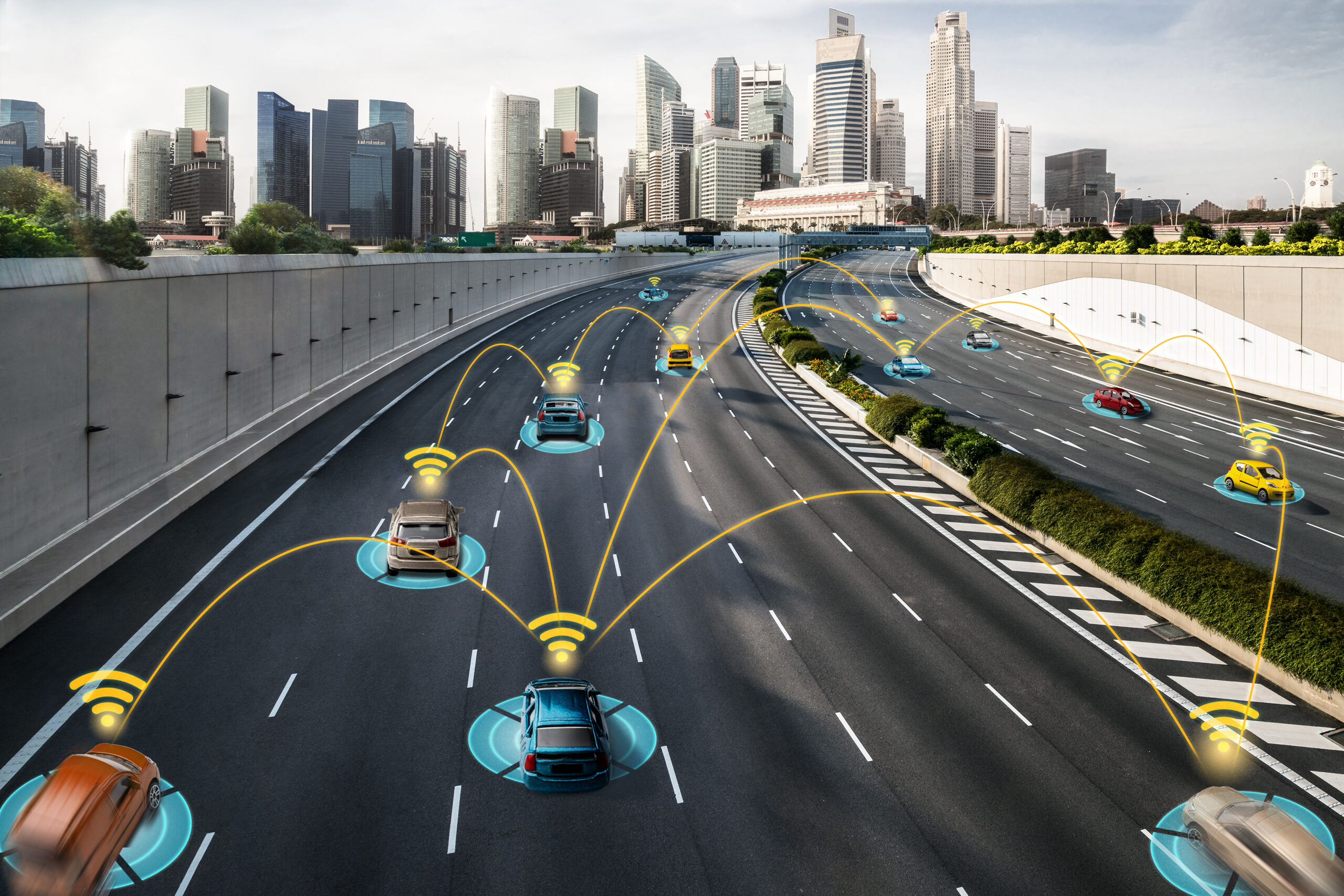
Car insurance rates are increasing by an average of 4.9 percent, according to S&P Global Market Intelligence, affecting more than 62 million Americans. If you are one of those experiencing higher rates, there could be a lot of reasons the amount you pay for your car insurance coverage has gone up including having a poor driving record, adding a new driver to your policy, and the rising costs of repairs. However, all hope is not lost!
While some of the reasons for increased rates are out of your control, there are ways you can help combat higher costs yourself. One of those ways is leveraging telematics insurance programs.
What is telematics insurance?
Telematics insurance, also called usage-based insurance (UBI), are programs that can provide you with a discount on your car insurance based on your driving behavior. These programs usually use mobile apps, bluetooth, and/or diagnostic port plug-in devices to track a person’s driving habits. They track things like: how often you drive, how much time you spend behind the wheel, and when and where you drive. They also monitor actions like hard braking, hard acceleration, and phone usage.
Telematics insurance has been around for more than a decade, but has become increasingly popular over the last few years because people have realized the availability for more personalized rates – and discounts! – when enrolled in a telematics program. Telematics enables consumers to have more control of their auto insurance costs, and also incentivizes them to adopt safer driving habits.
How does telematics insurance work?
As mentioned, telematics programs use different types of technology to collect data that insurance companies then use to give you a personalized rate. Insurance for the most part is traditionally based on “group” behaviors and risks; telematics allows you to instead receive rates based on your own personal behavior. This is a great option for those who tend to receive higher premiums in general – such as young drivers or those living in more dense populations – because they get an accurate rate based on only their behaviors, not on those of the people around them.
Along with saving you money on your insurance rates, a telematics program can be educational. Telematics programs provide an opportunity for drivers to learn about their individual driving behaviors, equipping them with personalized feedback on where to improve. Not only are drivers saving money through telematics programs, but they are also becoming safer drivers, resulting in fewer accidents, decreased dangers, and lower costs for the driver overall.
Considerations for telematics insurance
When considering a telematics program, it is important to consider what features each insurance company includes as part of their offering. Some things to consider are:
Pay-per-mile: Drivers should consider how much they regularly drive. If you drive every day and for long distances, you may want to avoid mileage-based programs that charge based on how much you drive. The average person drives 13,500 miles a year, so if you do drive 10,000 or less miles a year, then this type of program may benefit you.
Data-privacy: In order to leverage a telematics program, you of course have to be comfortable sharing your information with insurance companies. This means giving your insurance companies insights into your location and behaviors. If you are not okay with that, a telematics program is probably not right for you.
Rate increases: While telematics programs promise potential discounts for better driving, some may also penalize policy holders based on poor driving. If you prove to be a risky driver, your insurance could increase depending on the program.
Of course, even before you have access to a UBI program, you probably have a decent idea of how you are as a driver. If you know you are not the safest driver, you’ll want to make sure your program doesn’t raise your rates if you don’t perform well in their program.
Duration: The length of your program can vary by carrier. Some may last only a month while others can last up to 90 days or longer. It is important to understand how long you’ll be tracked for, and how that impacts your eligibility for discounts.
Other drivers: If multiple people drive the same car as you, you’ll want to know how programs account for that. Similar to the duration of the program, you’ll want to double check if there is the capability to turn on and off your program for when you are not the one driving the vehicle used for tracking.
Looking ahead
The technology that drives telematics and UBI (no pun intended!) continues to evolve, ensuring new types of programs and variations will become available. So, if telematics insurance is not for you right now, it may be in the future. Make sure to keep an eye out for new options from your insurance company, or speak with your agent as your insurance needs change.
In the meantime, if you’re not happy with your car insurance rates now, telematics may be a way for you to gain more control over what you pay. Telematics can benefit those who practice safe driving habits and reward them with discounted rates on their insurance.